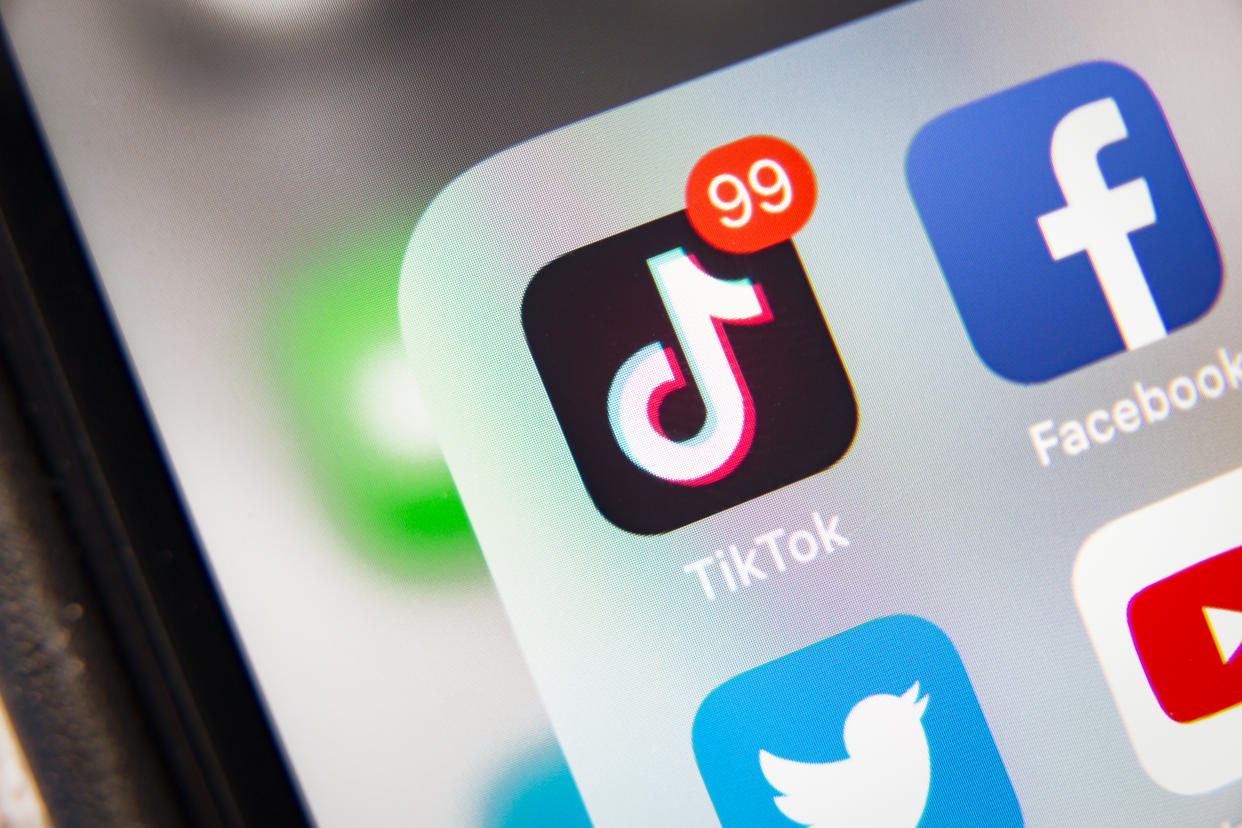Canada needs evidence of data misuse before considering TikTok ban: MPs

The popular video app TikTok has come under scrutiny for national security concerns, and some Members of Parliament say Canada should strengthen its privacy laws before considering an outright ban.
Last week, U.S. Secretary of State Mike Pompeo said that country was considering banning TikTok, an app whose parent company is China-based ByteDance. This came shortly after India banned it, along with 58 other Chinese apps.
The app, which is especially popular with Generation Z, lets users share short videos. On Canada’s Apple App Store it is the number one entertainment app, and according to data from Sensor Tower, it has been downloaded over two billion times globally.
The app has faced criticism from the U.S. and other countries that say its connection to China could compromise user data.
Liberal MP Nathaniel Erskine-Smith and New Democrat MP Charlie Angus each said in interviews that in order to ban TikTok, there needs to be evidence of misuse of personal information, which has not happened yet.
“Canada needs to be very wary about jumping on board with the United States, particularly when it comes to issues of credibility of defending privacy and holding digital apps to account,” Angus said.
“The U.S. is the world’s centre for disinformation and surveillance capitalism and they’ve done a very poor job of handling [this].”
Angus, who is a member of Canada’s federal ethics committee, said if enough complaints were raised, the issue should be handled by the Privacy Commissioner, which has been “a very effective tool.”
Erskine-Smith, a member of Canada’s federal industry, science and technology committee, said Canada needs to implement laws that ensure the data of Canadian citizens and residents “isn’t moving overseas to jurisdictions where there aren’t those same controls and protections.”
He added that Canada would only ban an app like TikTok if the ownership of personal data were leaving Canada.
“Then we’d have to work with our allies... if there is a growing movement along the lines of what India has done and what the U.S. is considering, then we ought to consider it as well,” he said. “But I don’t think we’re in that place yet and I think caution is warranted.”
Canada needs to be proactive and look into TikTok: Harder
Shortly after the news from the U.S., Public Safety Minister Bill Blair said that Canada was not going to ban the app.
Conservative MP Rachael Harder, who is also the chair of the ethics committee, said in an interview that Canada needs to be taking a more proactive stance on apps like TikTok.
“I think [what Blair said] is to say that Canada isn’t going to look into this any further, or give consideration to banning TikTok. I think it was putting us on the wrong side of our allies,” she said. “I think we have a responsibility to look at what India is doing, what the U.K. is doing, what the U.S. is doing. These are countries that traditionally we’ve found some solidarity with.”
Harder added that by not looking into the matter it puts Canadians’ privacy at risk, noting that the ethics committee would welcome the proposal to look into TikTok.
TikTok could collect data to tailor ads and services
Sumit Bhatia, director of communications and knowledge mobilization with the Ryerson’s Cybersecure Catalyst, said before Canada thinks about banning the app it needs to understand the real privacy and security concerns that TikTok would pose.
Media reports indicate that TikTok collects data similar to Facebook, Google, and other major tech giants in order to tailor ads and services to its users.
“If you’re collecting that kind of data, and those are the standards you have, then you start building advertising profiles,” Bhatia said. “Then you start pushing out ads to people in the U.S. or Canada and you can favour people who align with your political views in China today.”
Bhatia insisted that if Canada is updating existing privacy laws, it needs to think about what transparency means.
“Transparency means being able to share information in a way that is open but also clear, so that when citizens participate in that process of engaging with a platform that they have complete clarity on how it affects them,” he said.
“Up until now we managed to get away with the fine print model, but I don’t think going forward we can continue to operate like that.”
Government workers should rethink downloading TikTok
Bhatia noted that TikTok could be collecting information from government workers.
A few months ago, the U.S. Senate introduced a bill that would ban TikTok from being downloaded on federal devices.
“Knowing that TikTok is collecting data that could potentially profile sensitive U.S. government employees is concerning,” Bhatia said.
Erskine-Smith added that it might be worth it if a similar directive were placed on Canadian government workers.
“As a public official, I certainly wouldn’t feel comfortable using TikTok on my phone,” he said. “Whether it ought to be a directive from the government, I think it ought to be a recommendation. It’s just not worth the risk.”
Download the Yahoo Finance app, available for Apple and Android and sign up for the Yahoo Finance Canada Weekly Brief.

 Yahoo News
Yahoo News 
